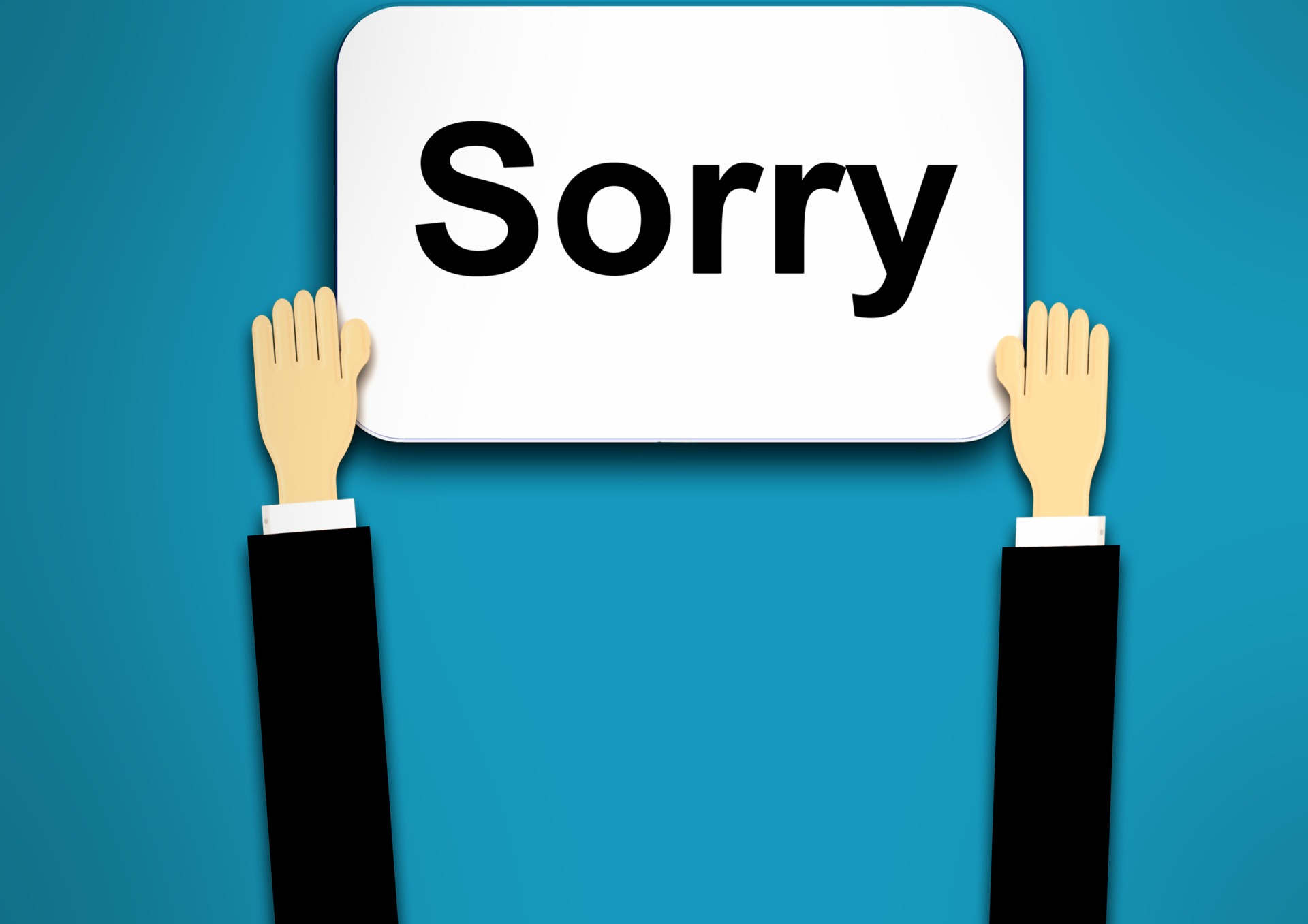
What would happen if you come home from school and look at your mom and say I’m hungry, give me a sandwich? Your Mom might give you a tired look, but still, she fixes a sandwich for you and serves it to you with a glass of milk. You eat your snack in front of the television and say, I am going to do my homework and head to your room, leaving behind your empty plate and glass on the coffee table. Now, look at the same situation with a better approach. You walk into the kitchen and quietly watch mom as she seems busy. Then you say politely, I am sorry to disturb you mom, but I am feeling hungry. Please, can I have a snack? After finishing what your mother has served you, you take your plate to the kitchen sink (or better still, wash it), walk up to your mother and with a hug saying, Thank you, mom, the sandwich was delicious. Which of the above two possibilities would make your mother feel more appreciated and happy? We know that it is out of love that our parents try to fulfill our needs, whether they are small or big. Our parents are always out there to help us get the things we need. They try hard to keep us happy, comfortable and content, but they also expect a polite and grateful attitude from us in return. At times, however unintentionally, we fail to thank them for their efforts. Our attitude when we want something can either make them happy or frustrate them! We must understand that there is a very thin line between a demand and a request. Magic words could make all the difference.
I want?
Instead of starting a sentence with I want, I always feel much better if someone says Please and Thank you as I respond to their need”. When we say Please, it shows respect and consideration for our parent’s thoughts and feelings. When we say Thank you, it shows appreciation, respect, and love. It shows them that we really do care about the way they work to help us. This rule also applies to all the other relations we are in, for example, our siblings, teachers, peers, and relatives. Often in school, we need help from a friend or classmate. We may need to borrow a book which we forgot to keep in our bag or require something as trivial as a pencil, eraser or a sharpener which we have misplaced. Sometimes a friend is better on a subject in which we are lagging behind and we want him to explain it to us during a free period. These favors may seem small to us if we take them for granted and do not consider it important to say Please before asking for something and Thank you after our need is met.

Another Magic Word
Another magic word which most of us find hard to say is Sorry. Suppose somebody pushes you as you are descending the stairs after school is over. In trying to balance yourself, you bump into a friend just ahead of you and he falls. You may either say something like It was not my fault and move on, or you may stop and say I am so sorry, but someone pushed me and I lost my balance. You pull your friend back to his feet and help him gather his bag, water bottle, and lunch box. Which approach do you think is correct and will make your friend feel better? Saying Sorry for something we have done wrong, whether intentionally or unintentionally, may be a bit hard on our ego as admitting a mistake is often difficult. But once we realize how important it is to apologize in a required situation and how far it goes in strengthening a relationship, it will be effortless to swallow our pride and the word will come easily to us.
Gratitude
Friends, we must understand that all relations are based on the policy of giving and taking! Children are usually on the receiving end, but by showing their gratitude when their requirements are met, asking for something in a polite manner and apologizing when they have done something wrong or have hurt someone, is their way of paying back the efforts of their elders. Sorry, please and thank you are often called magic words because they work like magic! They make a person feel important, pacify tempers, strengthen bonds and at times mend strained relationships. Only a thoughtful, polite and grateful person uses them often. As human beings, we all want to feel appreciated, loved and respected. By treating people around us in a proper manner, we show them the courtesy and respect they expect from us. In addition to this, these magic words also make us feel better about ourselves.
Good Manners
Magic words are part of what is known as good manners. Teaching your child to use these words will surely help them grow up to be respectful adults. You’ve surely noticed how hearing someone say good morning, thank you, excuse me, and please completely changes the perception you have of them. This is even more important when it comes to children. It can help them increase their level of socialization which will, in turn, help them adapt to their environment and surroundings. These words allow them to interact with their peers effectively. Other “good manners” words are May I, You’re welcome, excuse me, and I beg your pardon. Being polite and having good manners is really easy once you know how!

